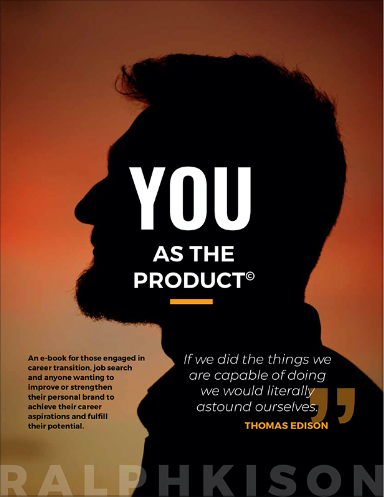I am more frequently finding myself in discussions with clients, conducting coaching sessions and attending strategy meetings where the topic of trust is taking center stage. Company leaders are engaging their managers and staff in an exploration of how to create, maintain and enhance trust within work teams, between colleagues and with clients and the market place in general. As a society we are becoming more cynical and mistrusting of those in leadership roles in the public and private sector. Too often we have been misled or deceived by those we have come to trust and believe in. Let me share with you some findings about the importance of trust and then a few ideas on how to build trust within your organization, team and personal relationships.
Background
- Trust is essential to organizational effectiveness and achieving strategic initiatives, change efforts, raising employee engagement, collaboration, and risk taking.
- Trust makes organizations more profitable. A recent study showed that organizations where front-line workers trust senior leadership posted a 42% higher rate of return than those organizations where distrust was the norm—42%.
- Trust is typically the number one determinant of employee satisfaction. Employees viewed a small increase in their trust in management as equivalent to receiving a 36% pay increase! Conversely, they viewed a small decrease in trust as a 36% pay cut!
- Trust is required to increase speed to market, greater customer satisfaction, cost containment or reduction, innovation, reduced conflict, etc.
- Employees who embrace and adapt to change, show up fully engaged and committed will build trusting relationships with one another and produce greater results.
- Sustained trust energizes people, relationships, and, ultimately, performance.
Trust Tips
We Are Inclined to Trust People…
- Who are self-aware
- Who take responsibility for their role in the relationship
- Who demonstrate that they consider the best interests of others rather than just themselves
- Who do what they say they will do
- Who practice the values they tell say are important to them
- Who are willing to recognize and consider both sides of the story
- Who listen and respond to our needs and interests
- Who are willing to think about what they have to give as well as what they hope to receive
Final thought – Trust is like a mirror, once you break it you can never look at it the same way again.


Recent Comments